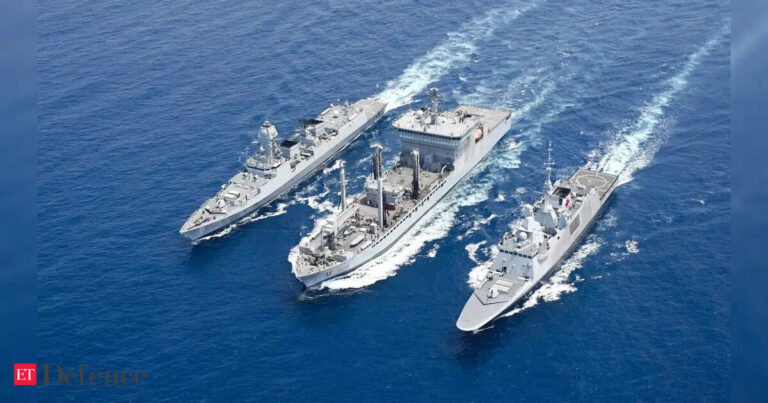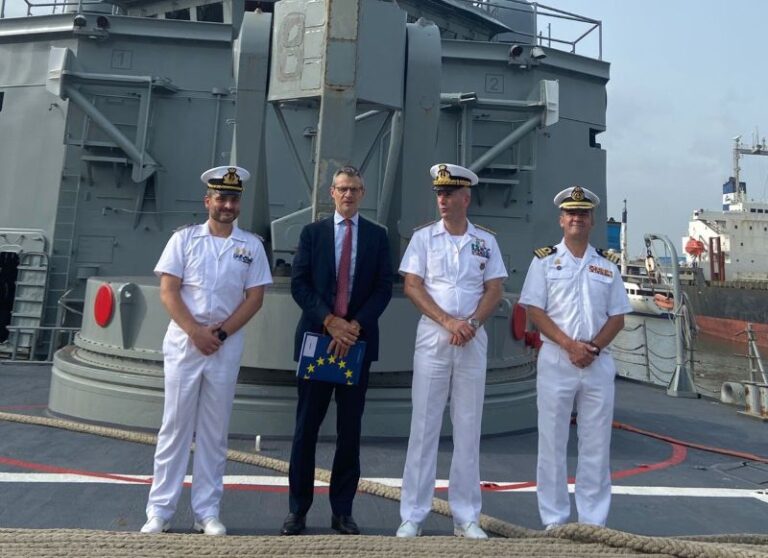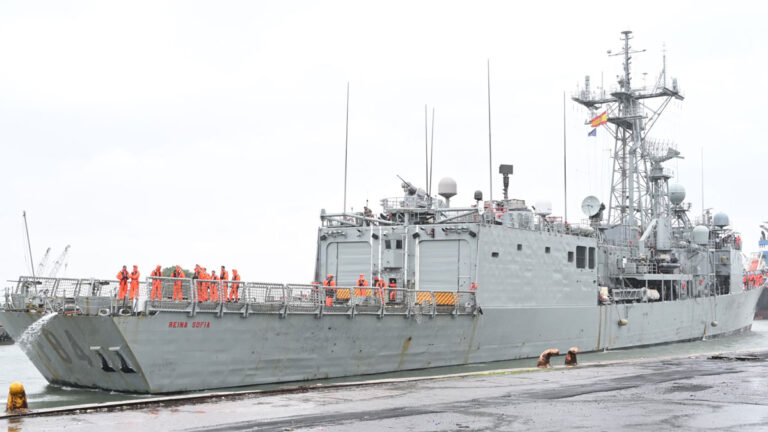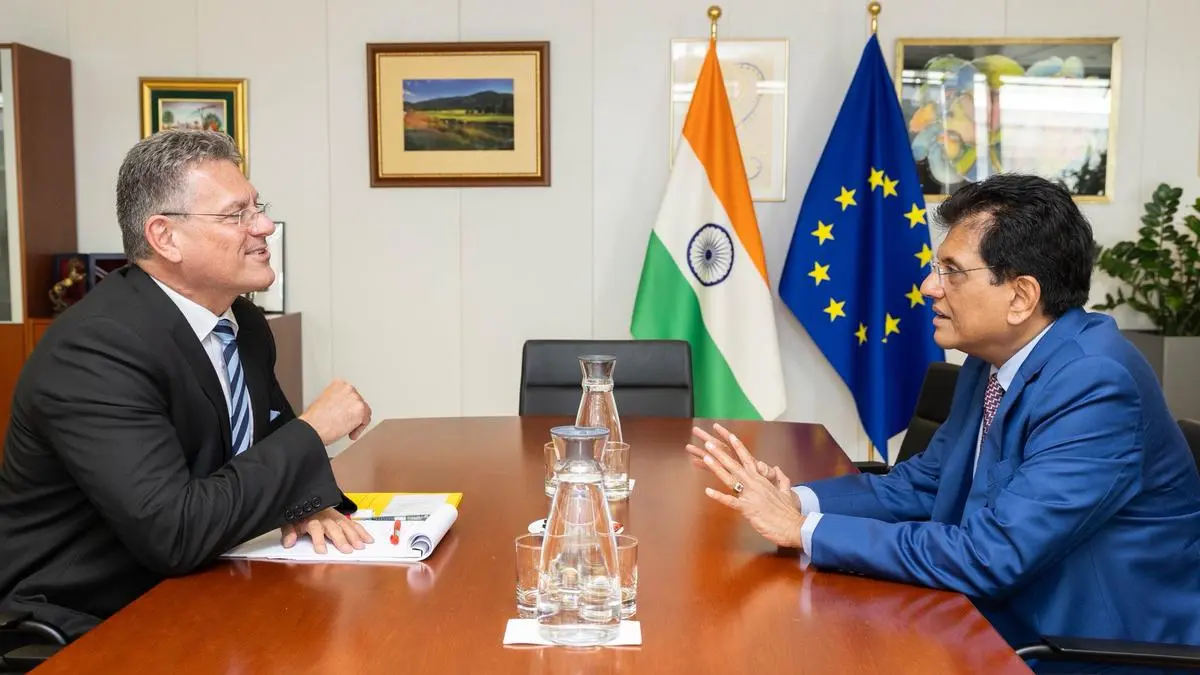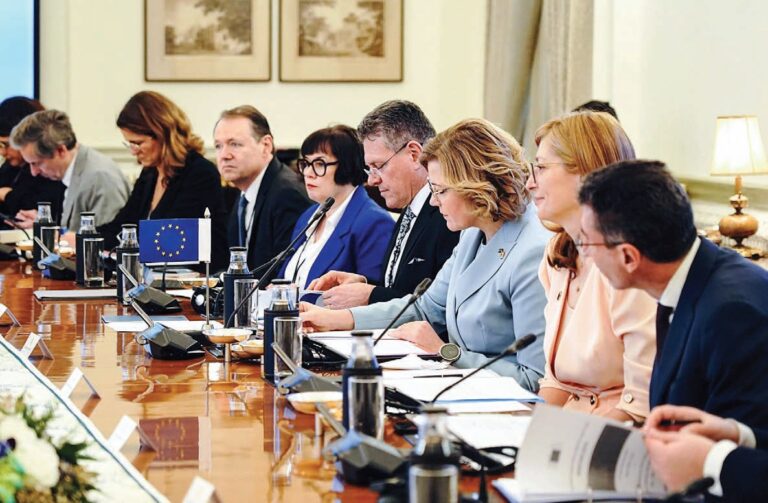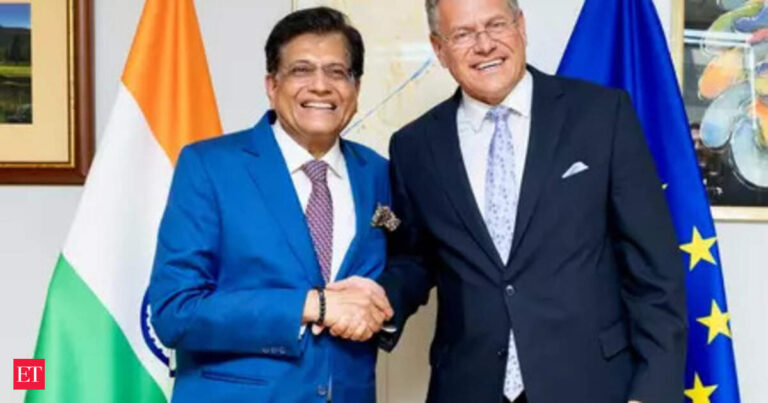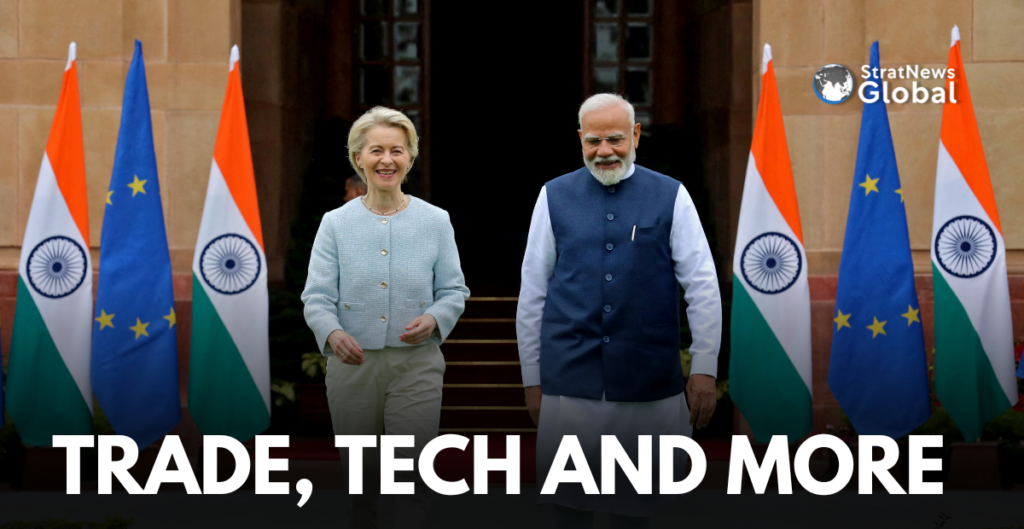
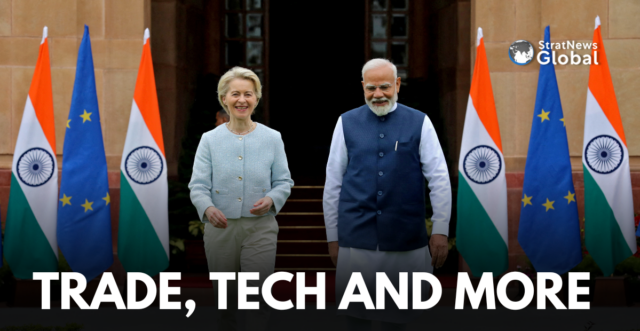
Friday, two key points of the India-Europe discussions which found themselves in Delhi … One is the thrust of Europe for greater defense and cooperation in terms of security with India as well as the accent on Indo-Pacific … and the other works together in third countries in Africa.
First defense and security … Note the unambiguous choice of the president of the European Union Ursula van der der Layen …
“India and Europe should explore the expansion of our joint naval exercises, based on our very successful cooperation in the Gulf of Guinea and the Red Sea. We must also deepen cooperation in cable protection which ensures the connectivity of data between India and the European Union. »»
At a time when Europe’s historical relations with the United States seems to go downhillEurope spreads its risks, seeing virtue in a closer military relationship with India despite the differences on Ukraine and the longtime friendship of Delhi-Moscow. It is also interesting to note that President Putin is expected in India at the start of this year, which Europe was able to weigh and decided not to be a problem.
As Modi pointed out during the media conference after the end of the talks, “our growing cooperation on defense and security is a symbol of our mutual trust. We will advance our cooperation in cybersecurity, maritime security and the fight against terrorism. »»
On the Indo-Pacific, he said: “The two parties agree on the importance of peace, security, stability and prosperity in the Indo-Pacific region. We welcome Europe’s decision to join the Indo-Pacific Ocean initiative. »»
https://www.youtube.com/watch?v=i19u2uohbu0
Other decisions were on the expected lines. The framework of a deadline for later this year to conclude a free trade agreement may seem unrealistic, but as Anil Wadhwa, former ambassador to Italy and secretary (Orient) in the Ministry of External Affairs, told Stratnewsglobal: “They know what we can give, she (Leyen) told the commercial negotiators to outdo us. It is a push on their part, which was not the case earlier. »»
A new federation of European companies in India, bringing together 6,000 EU companies with the potential to generate eight million jobs, has been created to strengthen investments and economic ties.
Leyen also wanted the India India-Middle East-Europe economic corridor, although, given the current realities, progress can be slow. A point that India, with its close links with the region, knows and understands.
Modi stressed that India wanted to increase cooperation in semiconductors, AI, high performance IT and 6G. Von der Leyen said that India and Europe aim to ensure the interoperability of digital infrastructure, to cooperate in the R&D of semiconductors and to strengthen telecommunications networks.
India and the EU have agreed to establish a daring and ambitious roadmap for their partnership, which will be revealed at the next India-EU summit later this year. This roadmap will serve as a catalyst to translate shared ambitions into concrete actions.
With a touch of hyperbole, Von Der Leyen said: “The planets are aligned, as are Europe and India.” While the talks went well, the hard slog begins and not for the first time. The coming months will test the sustainability of understanding with Delhi.

